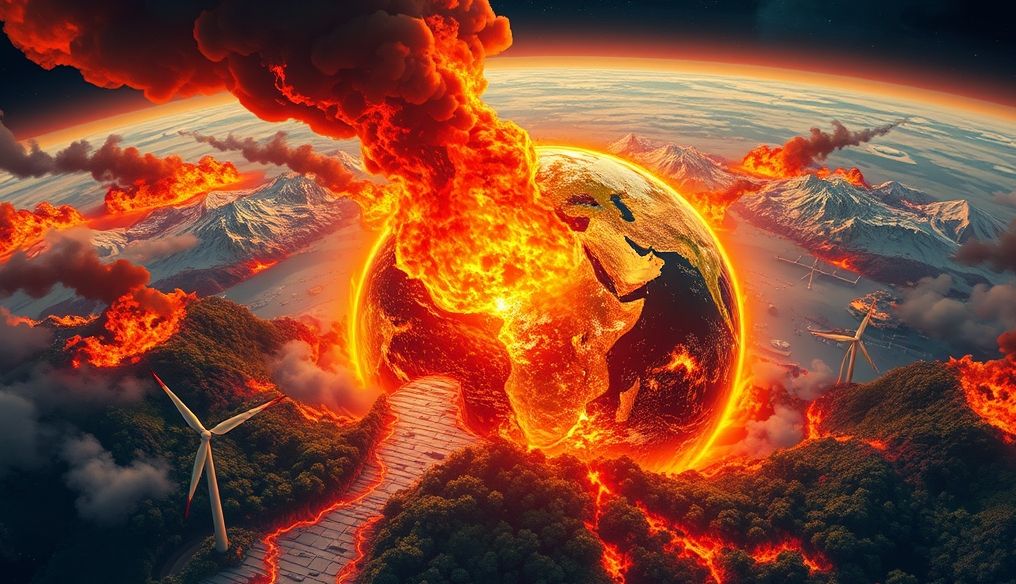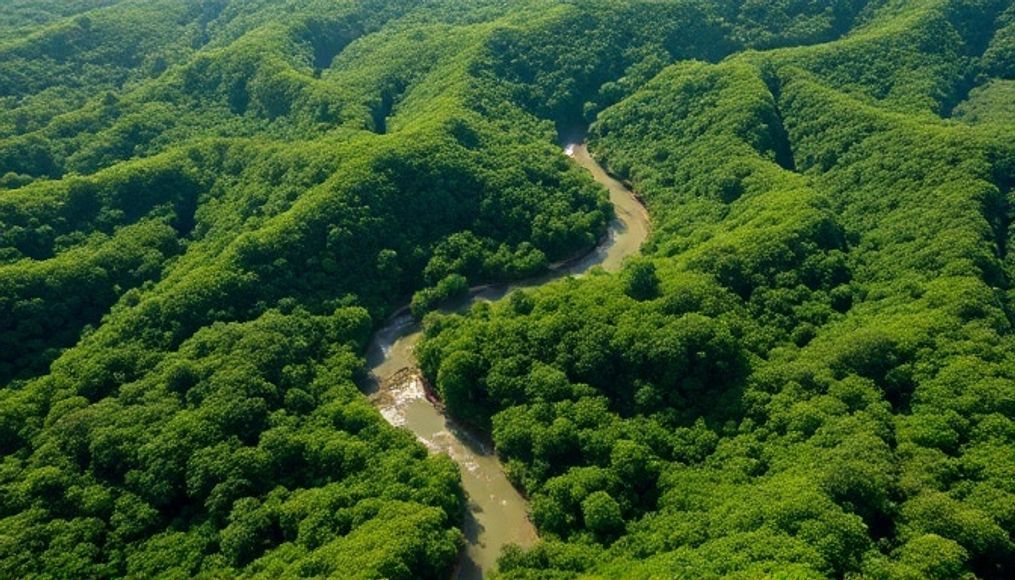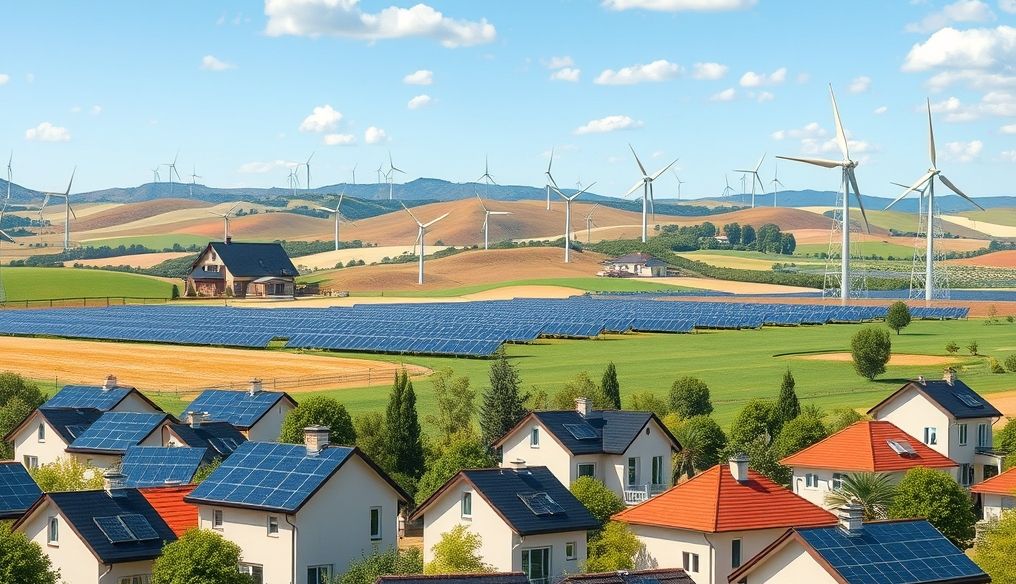What is Global Warming?
Global warming is the gradual increase in the temperature of the Earth's atmosphere and oceans, mainly attributed to the increased concentration of greenhouse gases in the atmosphere. These gases, such as carbon dioxide, methane, and nitrous oxide, trap heat emitted from the Earth's surface, leading to an overall increase in temperature.
Causes of Global Warming
- Burning Fossil Fuels: The burning of coal, oil, and natural gas is the primary source of carbon dioxide emissions.
- Deforestation: Forests play a vital role in absorbing carbon dioxide from the atmosphere, and their removal increases its concentration.
- Agriculture: Agricultural practices contribute to the emission of methane and nitrous oxide.
- Industrial Processes: Some industrial processes release greenhouse gases directly into the atmosphere.
Devastating Effects of Global Warming
Global warming has widespread effects that impact the environment, economy, and society. These effects include:
Rising Sea Levels
Rising temperatures lead to the melting of glaciers and ice sheets, increasing the volume of water in the oceans and raising sea levels. This threatens low-lying coastal areas with flooding and erosion.
Example: The Maldives are threatened with disappearance due to rising sea levels.
Changes in Weather Patterns
Global warming leads to changes in weather patterns, including increased intensity of storms, floods, and droughts. Extreme weather events become more frequent and severe.
Statistic: Studies indicate a 20% increase in the occurrence of major floods over the past decade.
Impacts on Agriculture and Food Security
Climate changes affect the productivity of agricultural crops, threatening global food security. Droughts, floods, and pests can destroy crops and increase food prices.
Example: Severe drought in the Sahel region of Africa has caused acute food shortages.
Spread of Diseases
Global warming contributes to the spread of vector-borne diseases, such as malaria and dengue fever. Changes in temperature and rainfall patterns create favorable conditions for insect breeding and disease transmission.
Impacts on Biodiversity
Global warming leads to the loss of biodiversity, as many species struggle to adapt to rapid climate changes. Some species may become extinct if they cannot migrate to more suitable areas.
Example: Coral reefs are threatened with bleaching due to rising ocean temperatures.
Economic Impacts
Global warming has significant economic impacts, including the costs of damages from natural disasters, the costs of adapting to climate changes, and the costs of transitioning to a low-carbon economy.
How Can We Combat Global Warming?
Combating global warming requires global efforts from governments, businesses, and individuals. Some key actions include:
Transition to Renewable Energy Sources
Transitioning from fossil fuels to renewable energy sources, such as solar, wind, and hydropower, significantly reduces carbon dioxide emissions.
Improving Energy Efficiency
Improving energy efficiency in buildings, industry, and transportation reduces energy consumption and thus reduces greenhouse gas emissions.
Protecting Forests and Reforestation
Protecting existing forests and replanting degraded forests helps to absorb carbon dioxide from the atmosphere.
Adopting Sustainable Agricultural Practices
Adopting sustainable agricultural practices reduces methane and nitrous oxide emissions and improves soil health.
Changing Consumption Patterns
Changing consumption patterns to reduce the carbon footprint, such as reducing meat consumption, reducing waste, and recycling, contributes to combating global warming.
The Role of Technology in Combating Global Warming
Technology plays a crucial role in developing solutions to combat global warming. Some promising technologies include:
Carbon Capture and Storage
Carbon capture and storage (CCS) is a technology that captures carbon dioxide from industrial emission sources and stores it underground.
Nuclear Energy
Nuclear energy is a low-carbon energy source that can contribute to reducing greenhouse gas emissions.
Electric Vehicles
Electric vehicles reduce carbon dioxide emissions from the transportation sector.
Conclusion
Global warming is a global challenge that requires urgent and effective solutions. By transitioning to renewable energy sources, improving energy efficiency, protecting forests, adopting sustainable agricultural practices, and developing new technologies, we can combat global warming and protect our planet for future generations. Every individual must play their part in this global effort.




